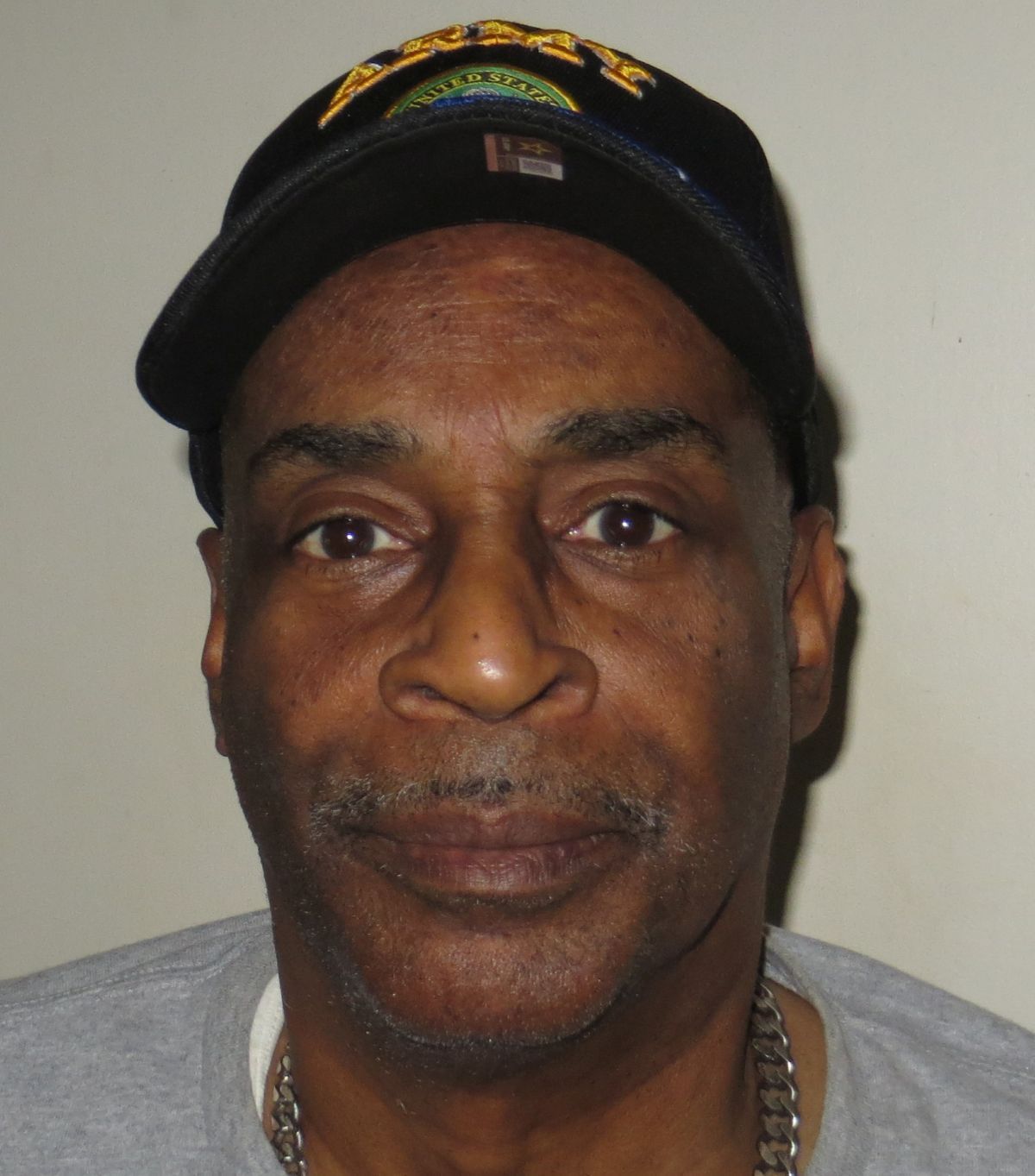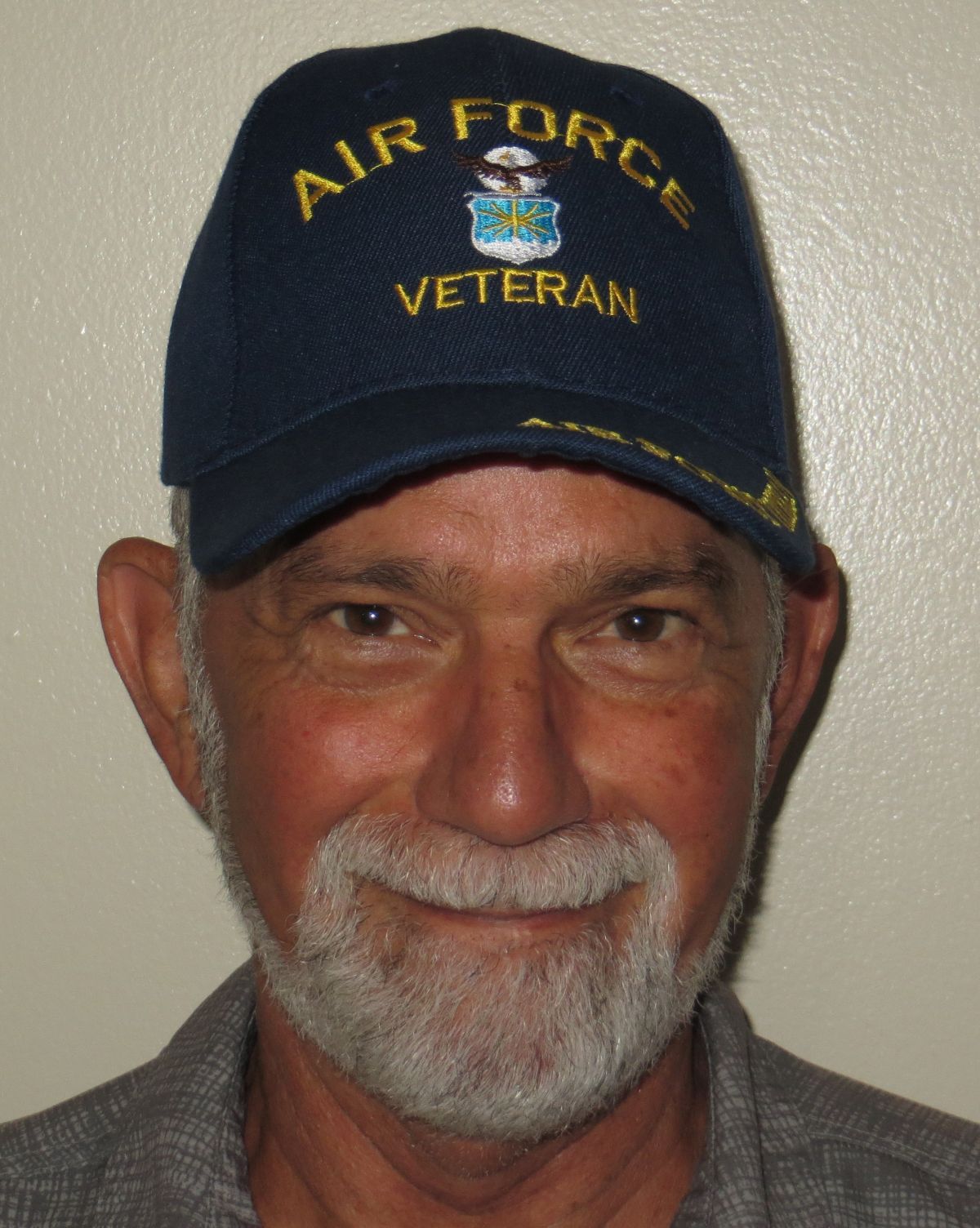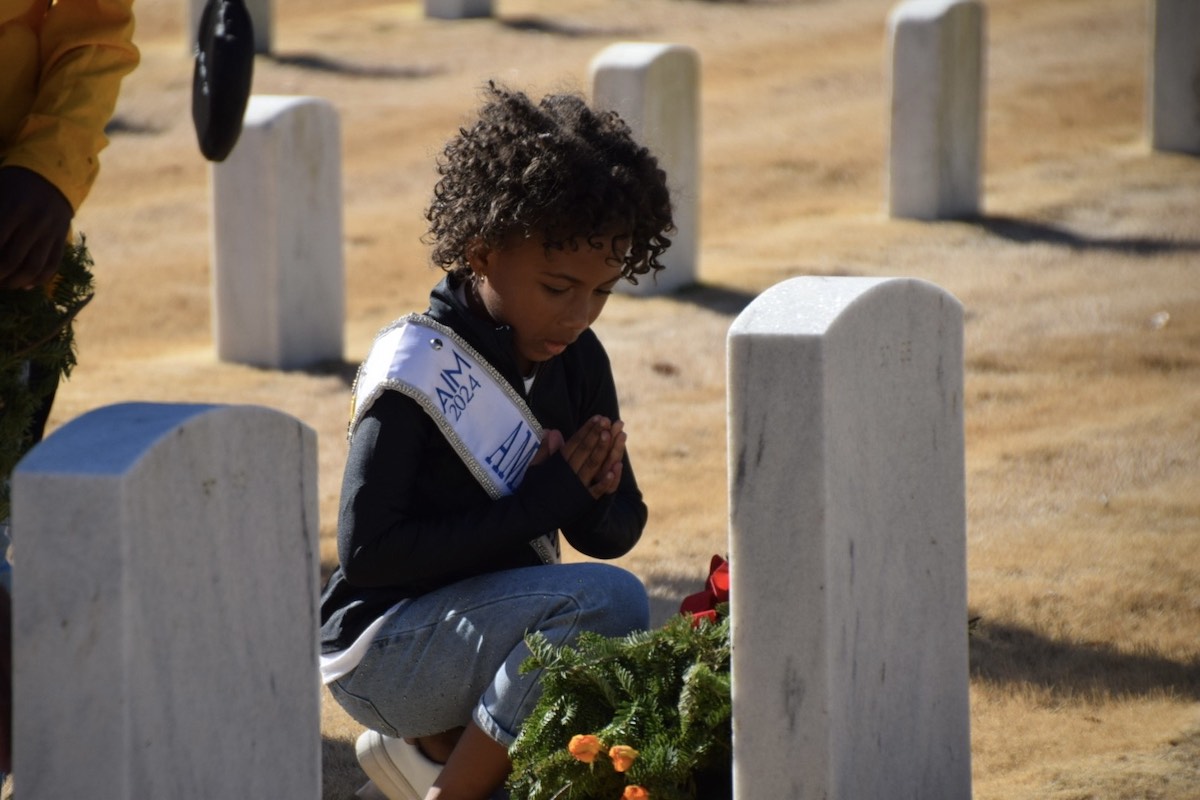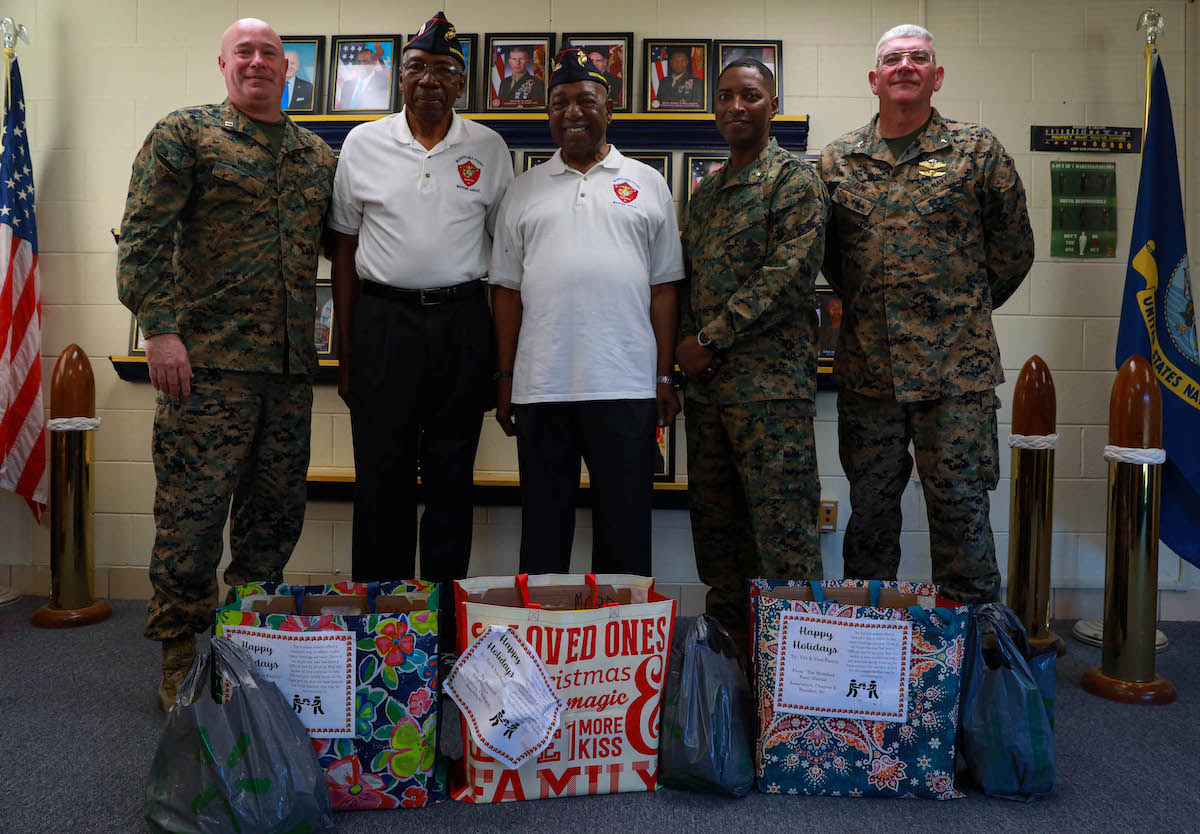By Larry Dandridge
When I started this series on elderly veteran benefits, I believed I could cover the 23 benefits in four articles, but I was wrong. I apologize; I need to extend the series to five articles. This is the fourth of five articles on 23 VA benefits for elderly veterans.
The first article covered the VA’s pension program (Regular Pension and enhanced benefits of Aid & Attendance and Housebound), Geriatrics and Extended Care Program, and Long-Term Care Program. It also reminded veterans to sign up for VA healthcare, use a Veterans Service Officer (VSO) to help them file for their VA benefits and services, and ensure they know their social worker. You can read Article 1, dated December 4, 2024, online at https://bit.ly/4grRyEa.
The second article was published on December 11, 2024, and it covered VA Military Service-connected Disability Compensation and Residential Settings and Nursing Homes [Including the Community Residential Care Program, Medical Foster Homes, Adult Family Homes, Traumatic Brain Injury – Residential Rehabilitation (TBI-RR), and Assisted Living].
The third article was published on December 18, 2024, and it summarized. VA Military Service-connected Disability Compensation, Residential Settings, and Nursing Homes, including Community Living Centers (VA Nursing Homes), VA contracted Community Nursing Homes, State Veterans Homes, Homemaker and Home Health Aide Care (Home Based & Community Care), Skilled Home Health Care (Home Based & Community Care), and Home-Based Primary Care (Home Based & Community Care).
You can read all my past The Island News articles on veterans’ benefits, leadership, law enforcement, hospice, and other topics at https://www.yourislandnews.com under the heading “Military.”
This article will cover the following benefits/services including:
Benefit 16 of 23 — Veteran-Directed Care (Home Based & Community Care)
Veteran-directed care provides veterans of all ages the opportunity to receive the Home and Community-Based Services they need in a consumer-directed way. This program is for veterans who need personal care services and help with activities of daily living.
Examples include assistance with bathing, dressing, or fixing meals. This program is also for veterans who are isolated and veterans whose caregivers are experiencing a burden.
Veterans in this program are given a budget for services managed by the veteran or the veteran’s representative. With the help of a counselor, veterans hire their own workers to meet their daily needs and help them live at home or in their community.
Learn more at https://bit.ly/49TO6Aw and by talking with your VA Social Worker.
Benefit 17 of 23– Adult Day Health Care (Home Based & Community Care)
Veterans can attend this program during the day for social activities, peer support, companionship, and recreation. The program is for veterans who need help with activities of daily living, such as bathing, dressing, or fixing meals. It is also for veterans who are isolated or whose caregivers are experiencing a burden.
Adult Day Health Care can be combined with other Home and Community-Based Services (see https://bit.ly/4gszISb. Health services, such as care from nurses, therapists, social workers, and others, may also be available.
Adult Day Health Care can provide respite care for a family caregiver and help veterans and their caregivers gain skills to manage the veteran’s care at home. The program may be provided at VA medical centers, State Veterans Homes, or community organizations. Learn more at https://bit.ly/49PfHCM and by talking with your VA Social Worker.
Benefit 18 of 23 — Respite Care
Respite Care is a program that pays for short-term care when family caregivers need a break, run errands, or go out of town for a few days. It can be helpful to veterans of all ages and their caregivers. There are two types of respite:
- Home Respite Care is a service that pays for a person to come to a veteran’s home or for a veteran to go to an adult day health care program while their family caregiver takes a break or runs errands.
- Nursing Home Respite Care is a service that pays for a veteran to go to a nursing home while the family goes out of town for a few days without worrying about leaving the veteran alone at home. Nursing home respite may occur in a VA Community Living Center or a community nursing home and is available for 30 days each calendar year. This type of respite should be scheduled in advance. Services may vary by location. The program is for veterans who need help with daily living activities. Examples include assistance with bathing, dressing, or fixing meals. This program is also for veterans who are isolated or their caregivers are experiencing a burden. Respite Care can be used in combination with other Home and Community-Based Services. Respite Care can help lower the stress the veterans and their family caregivers may feel when managing a veteran’s short-term or long-term care needs at home. Learn more at https://bit.ly/4gs3fLL and by talking with your VA Social Worker.
Benefit 19 of 23 – Telehealth
The VA uses telehealth technologies to provide easier access to care. Telehealth connects you with your VA care teams and specialists regardless of distance. VA Telehealth can reduce travel and bring care closer to you through Telephone, Telehealth or Tele-visits, Remote monitoring, and Mobile apps. Learn more at https://bit.ly/3ZHCL1q and by talking with your VA Social Worker.
Continued next week.
Larry Dandridge is a Vietnam War wounded warrior, disabled veteran, ex-Enlisted Infantryman, ex-Warrant Officer Pilot, and retired Lt. Colonel. He is a past Veterans Service Officer, a Patient Adviser at the RHJ VA Hospital, the Fisher House Charleston Good Will Ambassador, and the VP for Veteran Affairs for the local Army Association Chapter. Larry is also the author of the award-winning book Blades of Thunder and a contributing freelance writer with The Island News. Contact him at LDandridge@earthlink.net or 843-276-7164.









